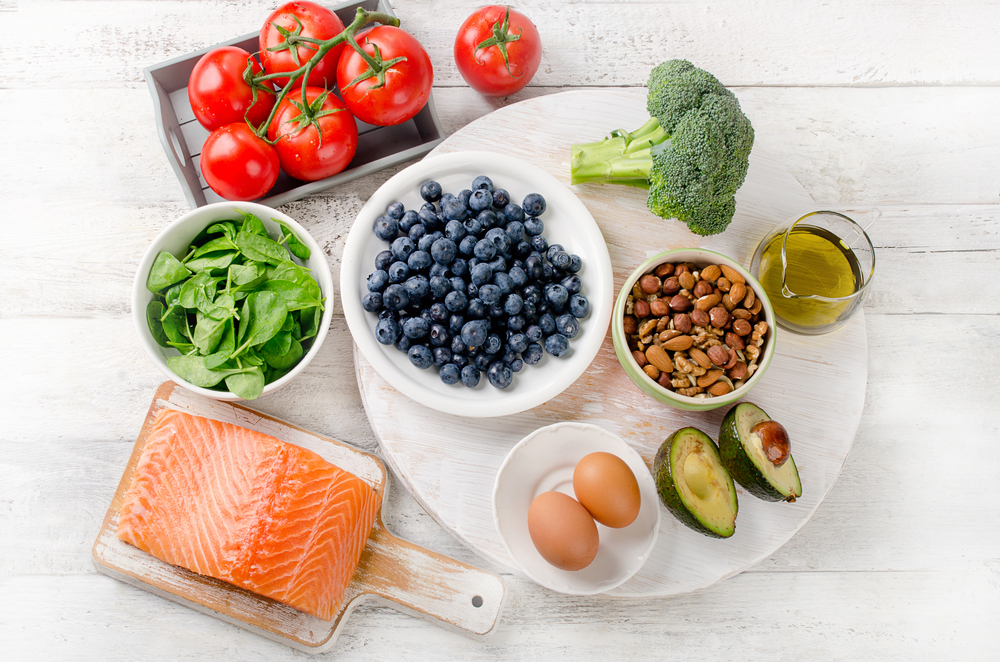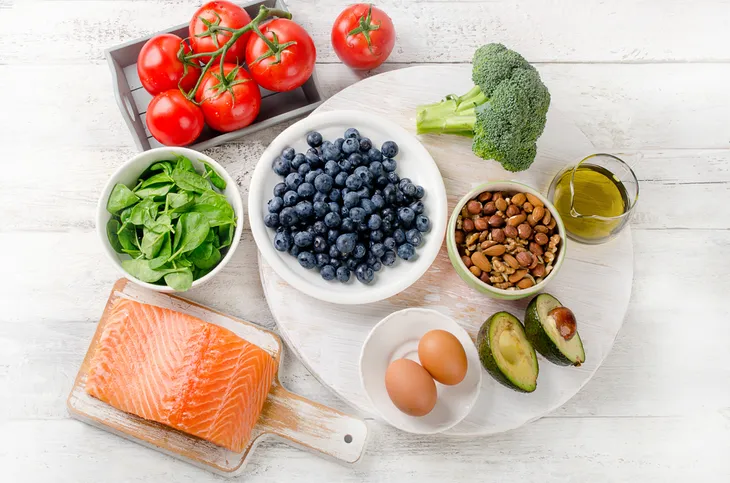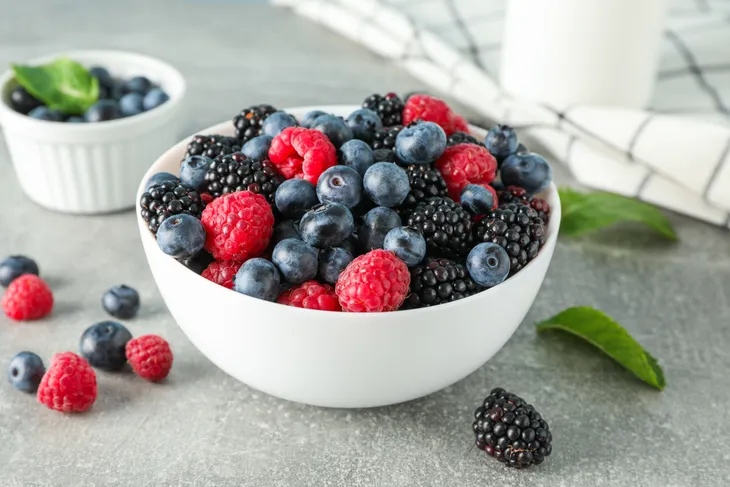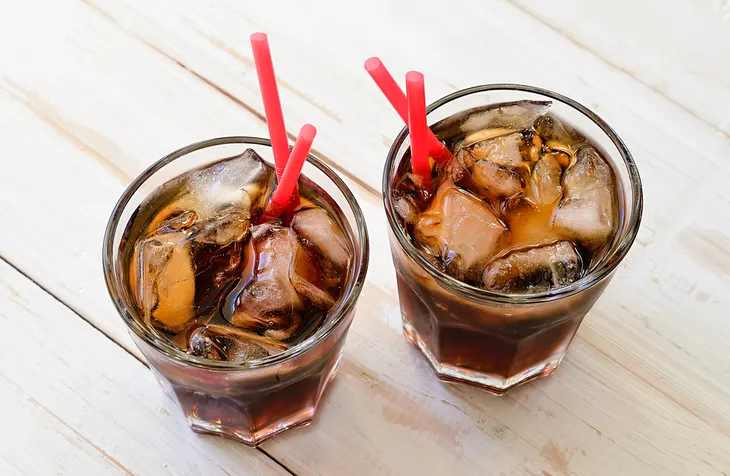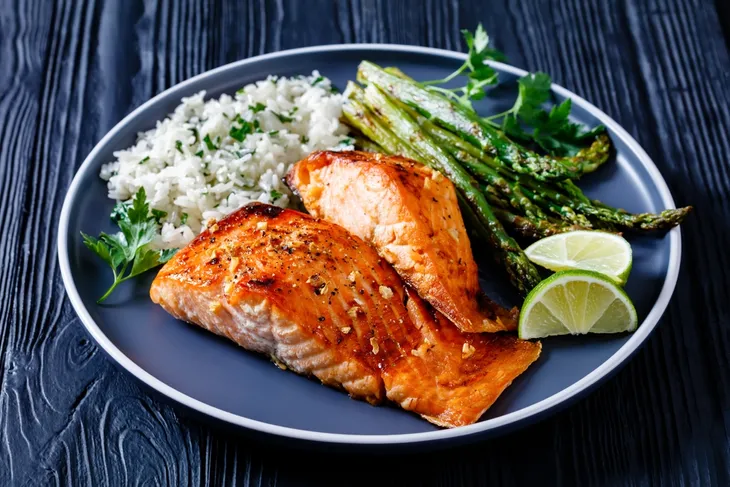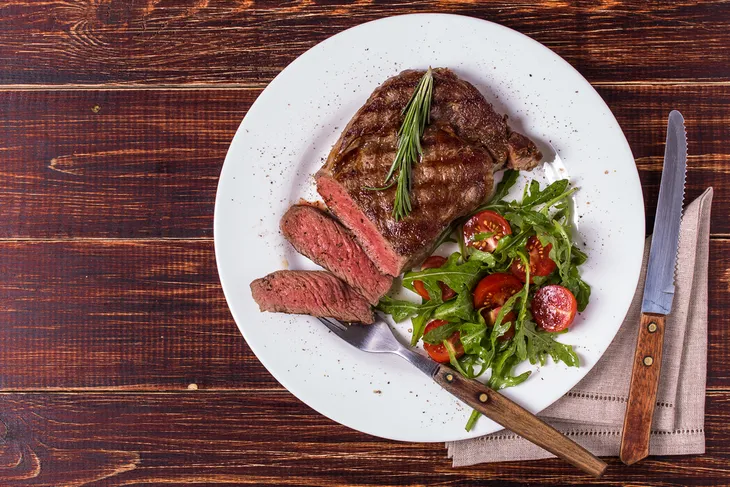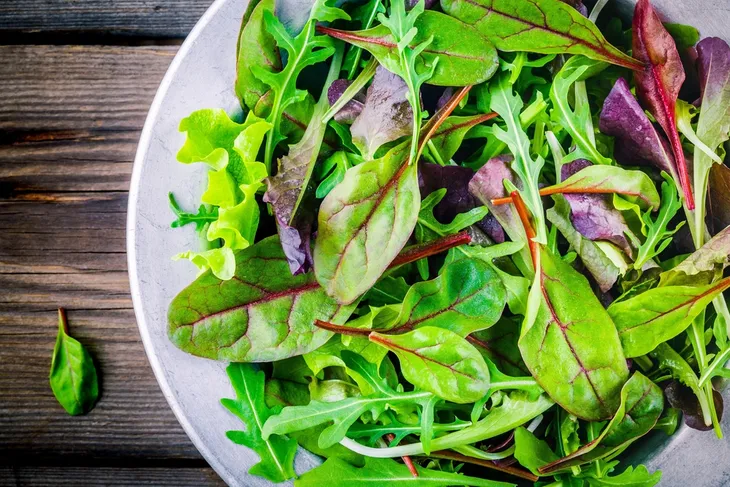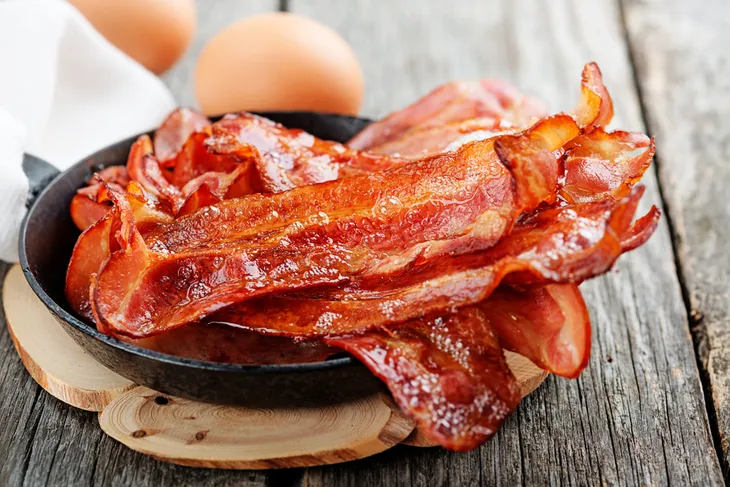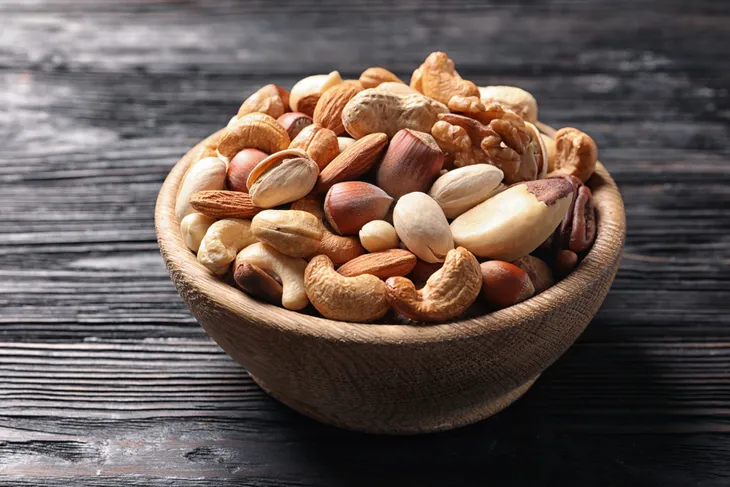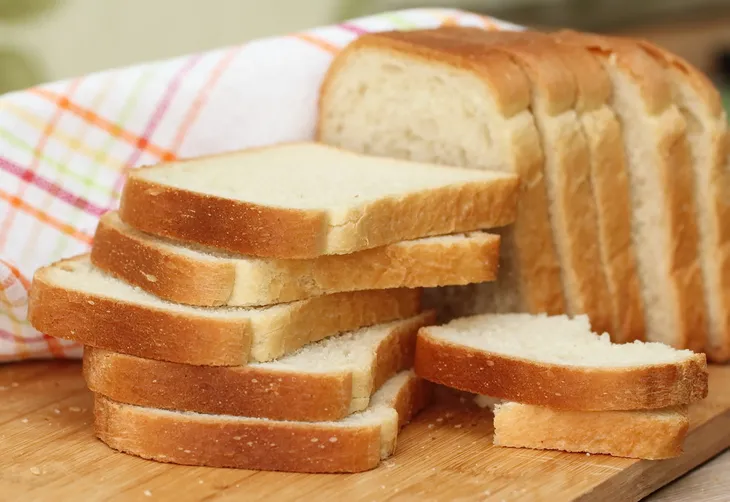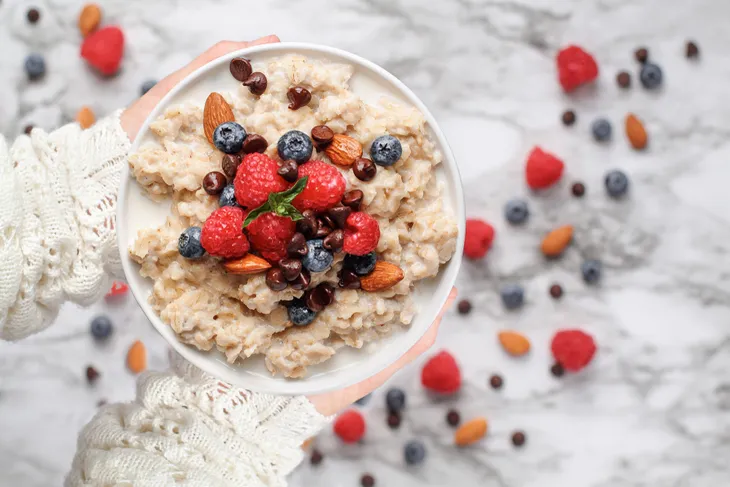Bowel cancer, also known as colon cancer and colorectal cancer, is one of the most common types of cancer. In fact, Medical News Today says it’s the third most common cancer in the United States. If you or a loved one has bowel cancer, then you might wonder if dietary changes can make a difference. Changing your diet won’t cure bowel cancer, but it can help support the treatment and recovery process.
Nutrients to Include in Your Diet
A nutrient-dense diet can help your body fight bowel cancer and recover from treatments. But which nutrients are most helpful? Generally, the Cancer Treatment Centers of America (CTCA) recommends focusing on electrolytes, fiber, antioxidants, protein, and healthy fats.
Additionally, the source emphasizes the importance of adequate hydration. Staying hydrated can help reduce treatment-related side effects, so they recommend “eight glasses of water or low-sugar electrolyte drinks per day.”
Now that we’ve covered some general recommendations for a bowel cancer diet, let’s look at five foods to eat and five foods to avoid.
Eat: Berries
According to PubMed, “studies indicate that diets rich in fruit, such as berries, provide significant health benefits against several types of cancer, including colon cancer.” The source attributes this to the antioxidants and phytochemicals in berries.
Healthline says blueberries may have the highest antioxidant levels among berries, but other berries are also good choices. For example, Mount Elizabeth Hospital says black raspberries may help “slow the development of malignant cells” because they contain anthocyanins.
Avoid: Soda
According to Everyday Health, a recent study found that young women who drink two or more sugary sodas per week double their chances of developing colon cancer. The Centers for Disease Control and Prevention (CDC) says, “Sugary drinks are the leading source of added sugars in the American diet.”
As a result, the source says sugary drinks are linked with obesity, which the American Cancer Society says is a known risk factor for colorectal cancer. So, it makes sense to avoid soda and other sugary drinks in a bowel cancer diet. Make sure to drink lots of water throughout the day and talk to a dietician about how to flavor water and make it more enjoyable.
Eat: Fish
Fatty fish, such as salmon, is a great source of protein and omega-3 fatty acids. That’s important because Healthline says both are “essential for people fighting colon cancer.” The source recommends eating fish one to three times per week.
Baptist Health also recommends eating salmon, tuna, sardines, and other types of fish. The source says fish can help because it’s an anti-inflammatory food. So, it’s a helpful addition to a bowel cancer diet for several reasons.
Avoid: Red Meat
After a bowel cancer diagnosis, OneWelbeck Digestive Health says red meat should be avoided because it isn’t good for the bowel or colon. While scientists aren’t sure why red meat is linked to colorectal cancer, WebMD says two primary theories exist.
On the one hand, it could be the meat itself. Or it could be that cancer-causing substances form when meat is cooked at high temperatures, according to the source. Either way, those with bowel cancer may want to swap red meat for other protein sources such as fish.
Eat: Green Vegetables
If you’re living with colon cancer, then Eat This, Not That! recommends eating more produce like vegetables. Leafy vegetables, in particular, may help. That’s because they contain not only fiber but also electrolytes. The CTCA says colon cancer treatments can interfere with electrolyte absorption.
So, a bowel cancer diet should include electrolytes. Medical News Today says spinach, kale, and collard greens all contain electrolytes. Additionally, cruciferous vegetables like broccoli may help because Mount Elizabeth Hospital says they have “cancer-fighting properties” called sulforaphane.
Avoid: Processed Meat
The World Health Organization (WHO) classifies processed meat as “carcinogenic to humans.” To put it another way, the WHO thinks there is convincing evidence that eating processed meat can cause colorectal cancer. That means processed meats should be avoided.
Processed meats are smoked, cured, salted, or preserved with chemicals. Bacon, hot dogs, deli meat, beef jerky, ham, and sausage are all processed meats. The MD Anderson Cancer Center recommends eating grilled chicken or fish instead.
Eat: Nuts
Nuts are loaded with nutrients, including protein, fiber, antioxidants, and healthy fats. So, they’re great additions to a bowel cancer diet. In fact, Medical News Today says tree nuts may lower the risk of “cancer recurrence following treatment for stage III colon cancer and improve patient survival.”
In a study, the source says patients who ate at least 2-ounces of nuts per week had a 46-percent lower risk of recurrence and a 53-percent lower risk of fatality from the disease. The study found that tree nuts offer these benefits, but peanuts don’t. So, you may want to stick to almonds, walnuts, cashews, etc.
Avoid: White Bread
The Dana-Farber Cancer Institute recommends limiting processed and refined carbohydrates in a colorectal cancer diet. The source says refined carbs are associated with excess sugar. White bread is a simple carbohydrate made with refined grains, so you may want to avoid it.
Furthermore, Geisinger says the refined grains in white bread can increase blood sugar levels. As a result, the source says white bread can raise your risk of colon cancer and other cancers, including kidney cancer. Other refined carbs to have on your radar include white rice and pasta.
Eat: Whole Grains
Instead, opt for whole-grain bread since it’s a good source of fiber. According to Medical News Today, researchers found that a fiber-rich diet “may improve survival rates for patients with stage one colorectal cancer.” The source says whole grains are similarly linked to better treatment outcomes.
So, beyond bread, look for other whole grains to include in your diet. For instance, there’s oatmeal and brown rice. WebMD says whole grains “keep your stools moving, and along the way, they may grab onto cancer-causing compounds in your colon.”
Avoid: Sweets
According to the CTCA, “there’s no conclusive evidence that sugar feeds cancer,” but there are several reasons to avoid sugary foods and drinks. The source says sweets tend to offer little nutritional value and can cause unhealthy weight gain and increased blood sugar levels.
Of course, not all sugars are created equal. The MD Anderson Cancer Center says there’s a significant difference between refined and natural sugars. So, sugar in fruit, whole carbohydrates, and dairy products is OK. But the source says sweets like candy, cookies, and cakes should be limited.
Before Changing Your Diet
Always talk to your doctor before changing your diet. They can help you design a diet that meets your specific dietary needs and won’t interfere with any prescribed medication. Plus, they can help you decide if your diet should be adjusted at any time during the treatment process.
While changing your diet won’t cure bowel cancer, it can help improve overall health and support the treatment and recovery process. Look for foods high in antioxidants, protein, healthy fats, electrolytes, and fiber. And consider eating more berries, nuts, fish, whole grains, and green vegetables.
